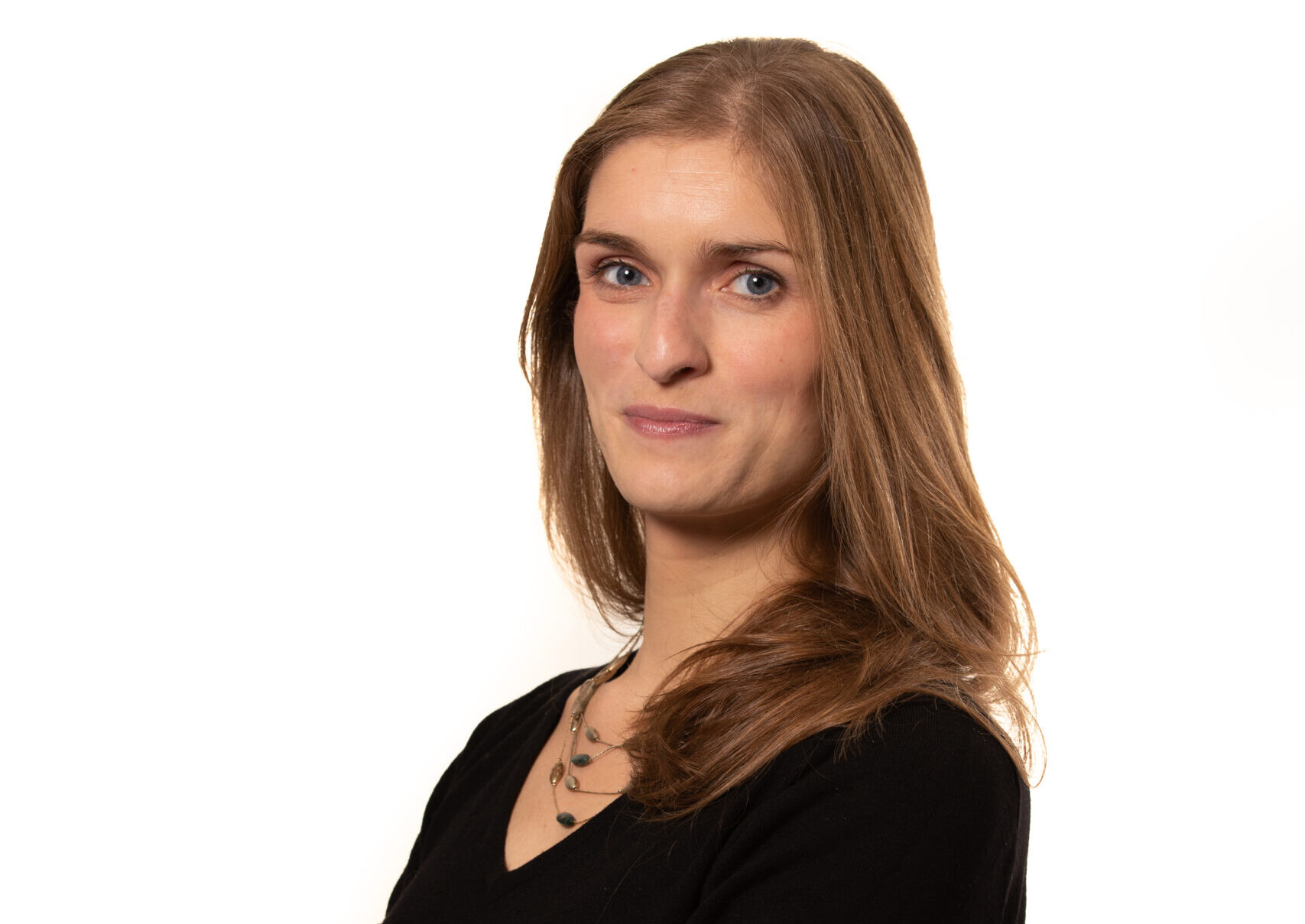Born in UK • Studied Theoretical Physics at Cambridge University, UK • Highest Degree PhD in Theoretical Physics • Lives in Cambridge, UK • Current Occuptation: Quantitative Researcher at GAM Investments
I think I was very fortunate that as I grew up, what I was interested in and what I was good at aligned, so that even well before applying to university, I knew I wanted to study astrophysics and general relativity. Really, I think the seed was planted when I was about seven years old and my parents got me Patrick Moore’s “The Starry Sky” – an introductory book for budding astronomers. By a stroke of luck, my family moved to South Africa a few years later, and with the beautiful southern skies to gaze up at, my vague interest in astronomy became a cherished hobby. In retrospect, my parents and sister were amazingly supportive, but I took it completely for granted at the time. I remember family observing holidays in the Karoo (a semi-desert outside Cape Town), visiting the SAAO in Sutherland on their public open days, and camping out until 4am to observe Comet Hale-Bopp in ‘95.
I had a one-track mind about studying physics at university, and I specialised as quickly as I could into astrophysics and cosmology.
My early interest in observational astronomy developed into a much stronger theoretical interest as I got older and discovered that I found maths and physics intuitive and easy compared to other subjects at school. I had a one-track mind about studying physics at university, and I specialised as quickly as I could into astrophysics and cosmology. My PhD was focussed on a particular model to explain dark energy within modified theories of gravity, and I spent a happy four years exploring the possible astrophysical signatures that could lead to detection and proof, or disproof, of the model.
However, during my PhD I came to realise the difference between pure academic learning and a career in academic research. I loved learning about cosmology, but when it came to research, I found the techniques for making progress weren’t very field specific – I was chipping away at the corners of the unknown without much day-to-day exposure to the bigger picture. Those techniques could equally well be applied to other applications with just as much satisfaction.
I made the leap at the end of my PhD to join a small hedge-fund in Cambridge.
Funding is a constant challenge in the pursuit of any academic career and stability comes late in life, if at all. Shining as an alternative was a career in quantitative finance – either in a bank (to price exotic derivatives quickly and reliably) or in a hedge fund (to find patterns in data and design computer algorithms to predict the markets and manage risk). The advantages: no prior finance knowledge required, plenty of maths to keep you busy, a PhD is valued, and you are surrounded by a team of like-minded colleagues working towards a common goal. In my spare time, I started playing around with quant trading strategies, using Matlab and end of day close data from the stocks trading on the DAX, and really enjoyed the challenge, although in retrospect I look back in horror at how naïve I was and almost certainly overfitted the data. I made the leap at the end of my PhD to join a small hedge-fund in Cambridge.
They instilled in me a sense that anything was possible if you were interested and worked hard.
I have been extremely lucky to have two amazing, strong role models in my life: my mum and older sister, so if anything, I have a subconscious bias to see women as more successful! They instilled in me a sense that anything was possible if you were interested and worked hard. Also, I was home-educated from the age of nine, and so sheltered from much of the peer-pressure and judgement that a lot of teenagers experience. I only really woke-up to the existence of a gender imbalance in the sciences quite late in life. Both as a student and at work, I have (and I realise I may have been lucky in this respect) always felt I was being treated as an individual, and not categorised as a woman, whether for positive or negative discrimination. There is such a diverse range of personalities, both male and female, that seem much more important than any simple gender divide. I hope we can move towards recognising that as a society.

